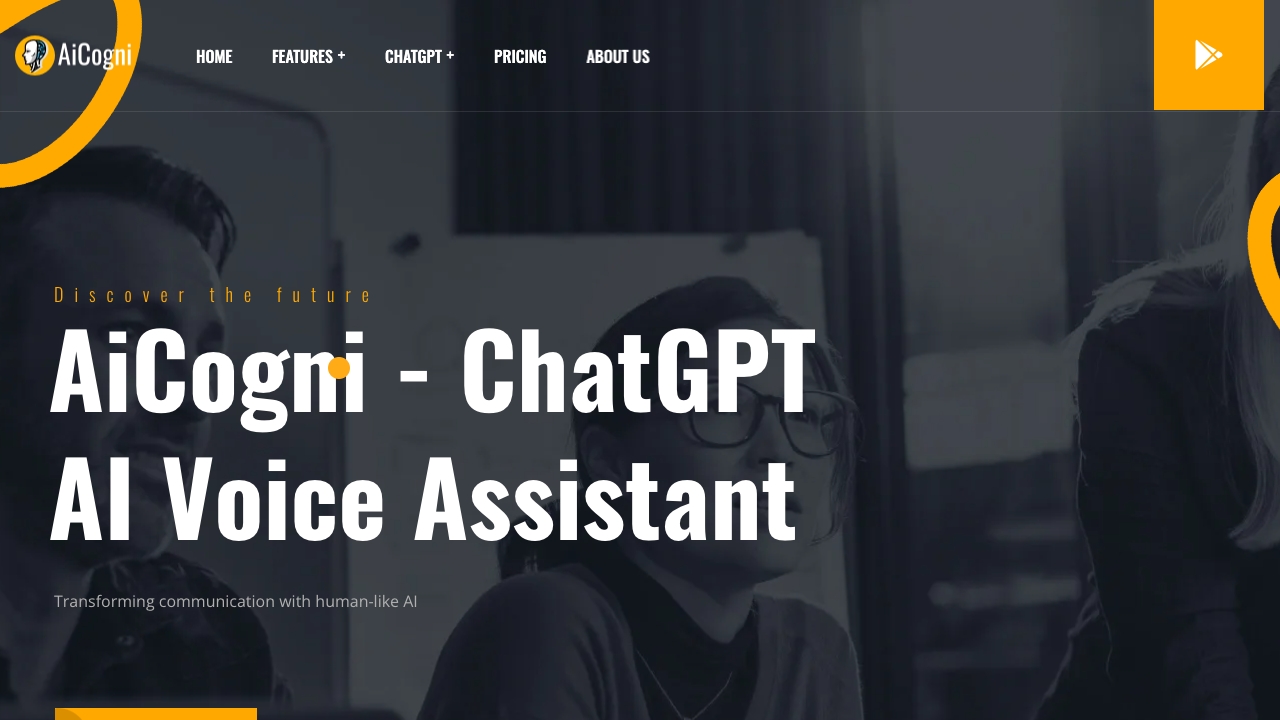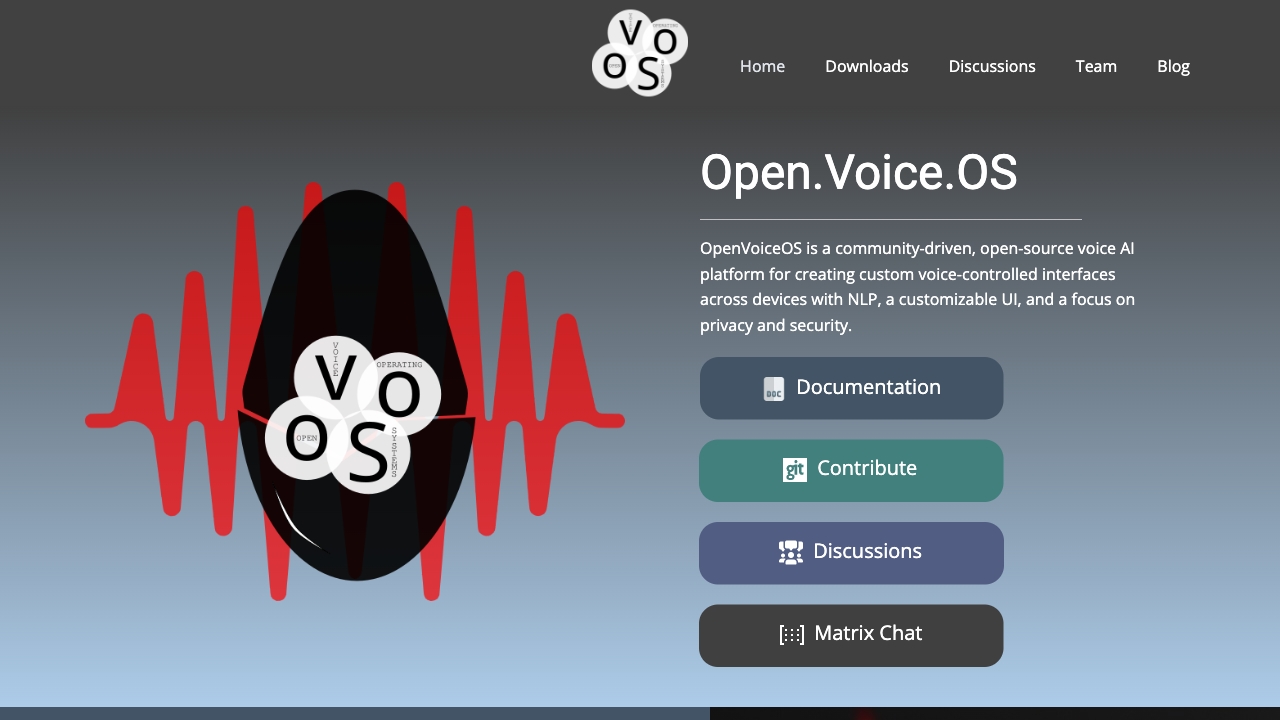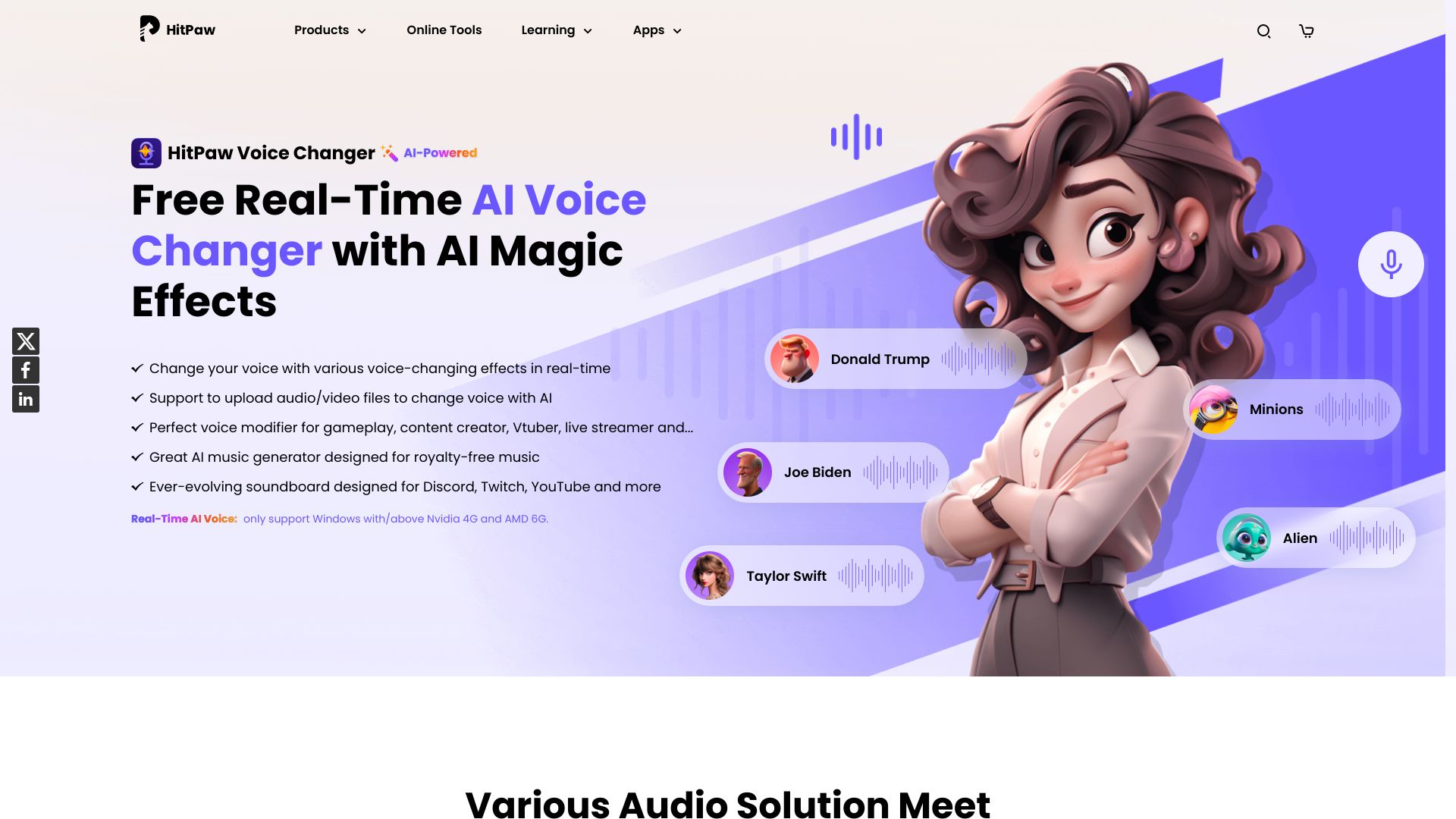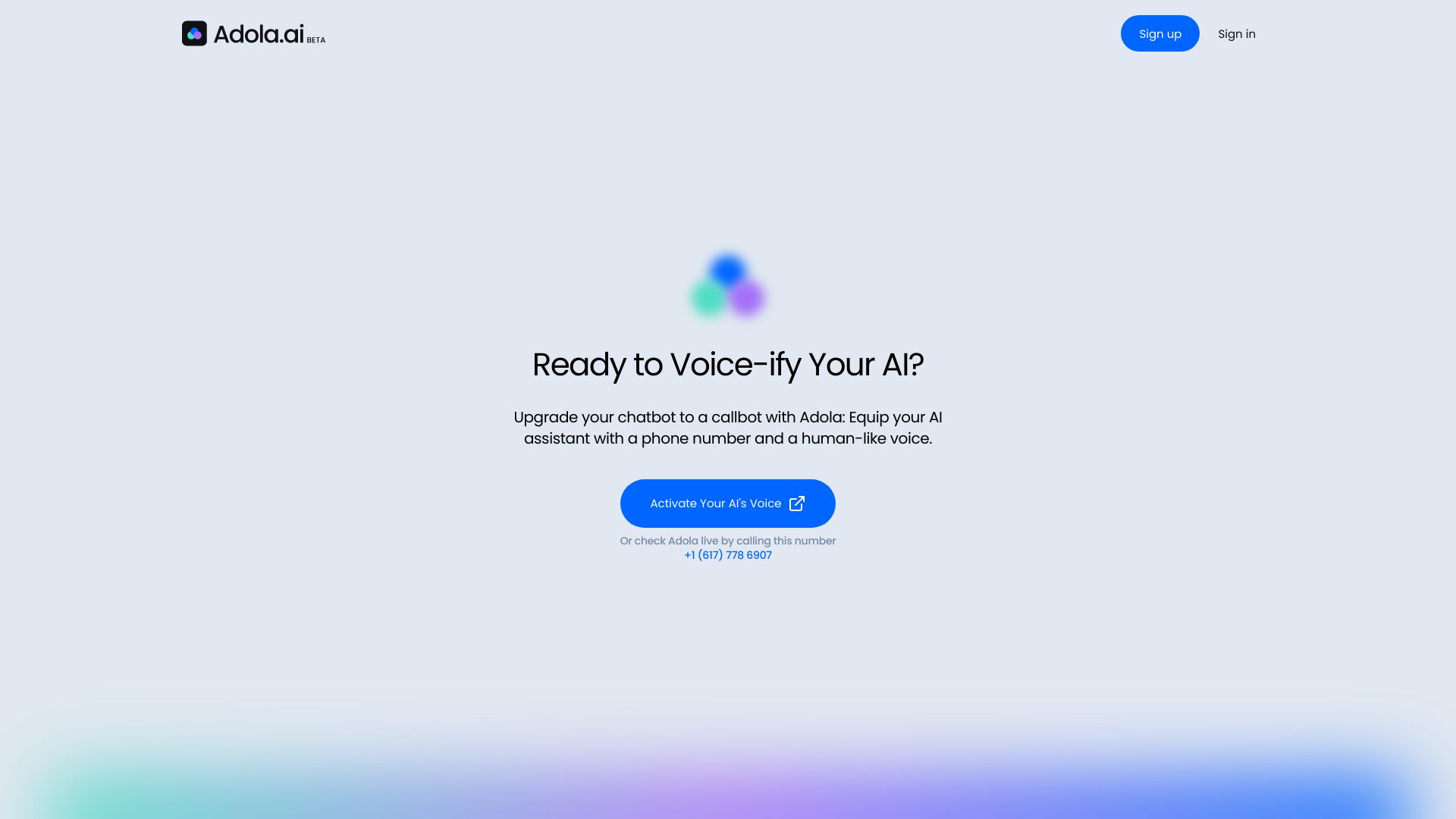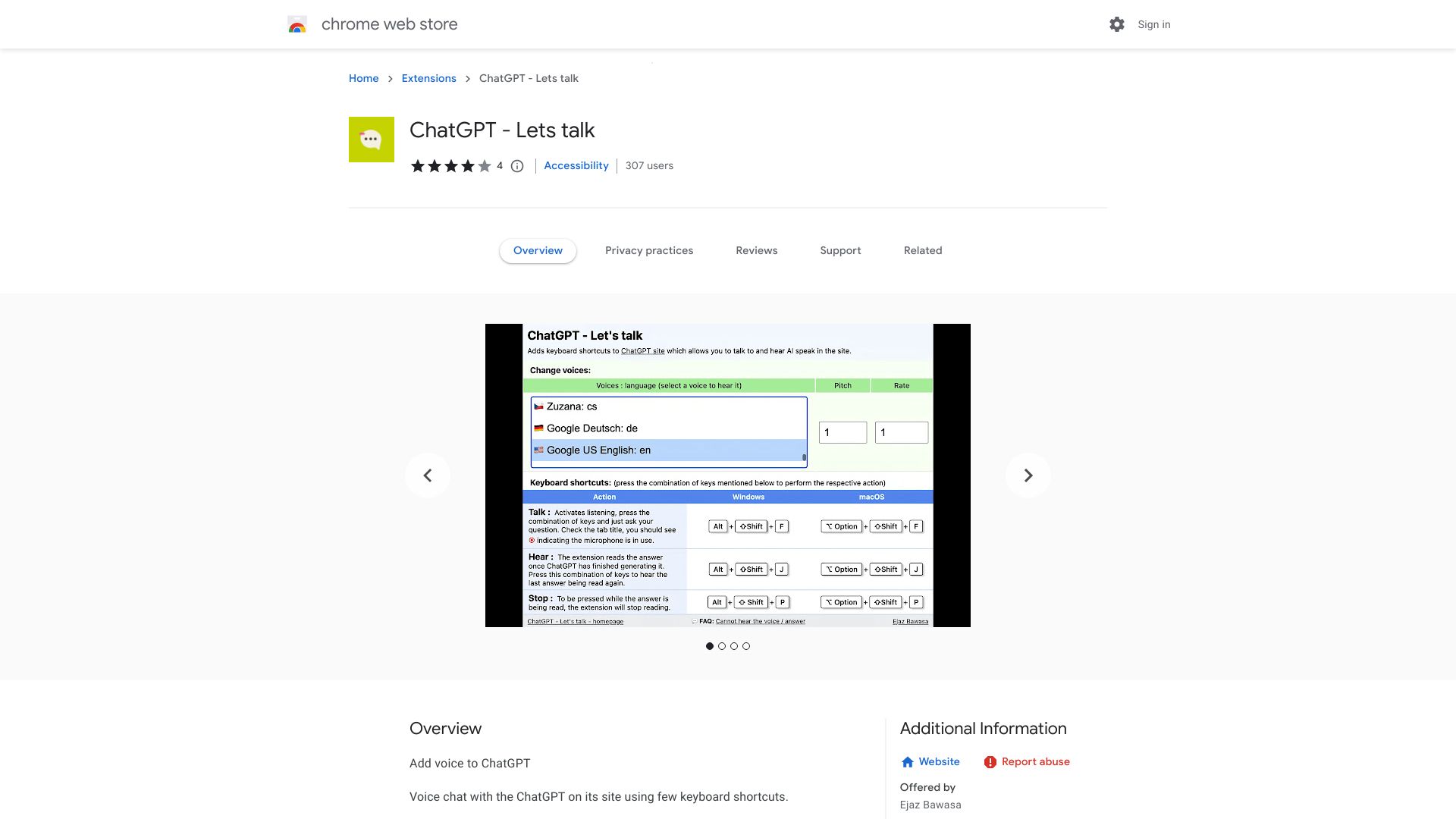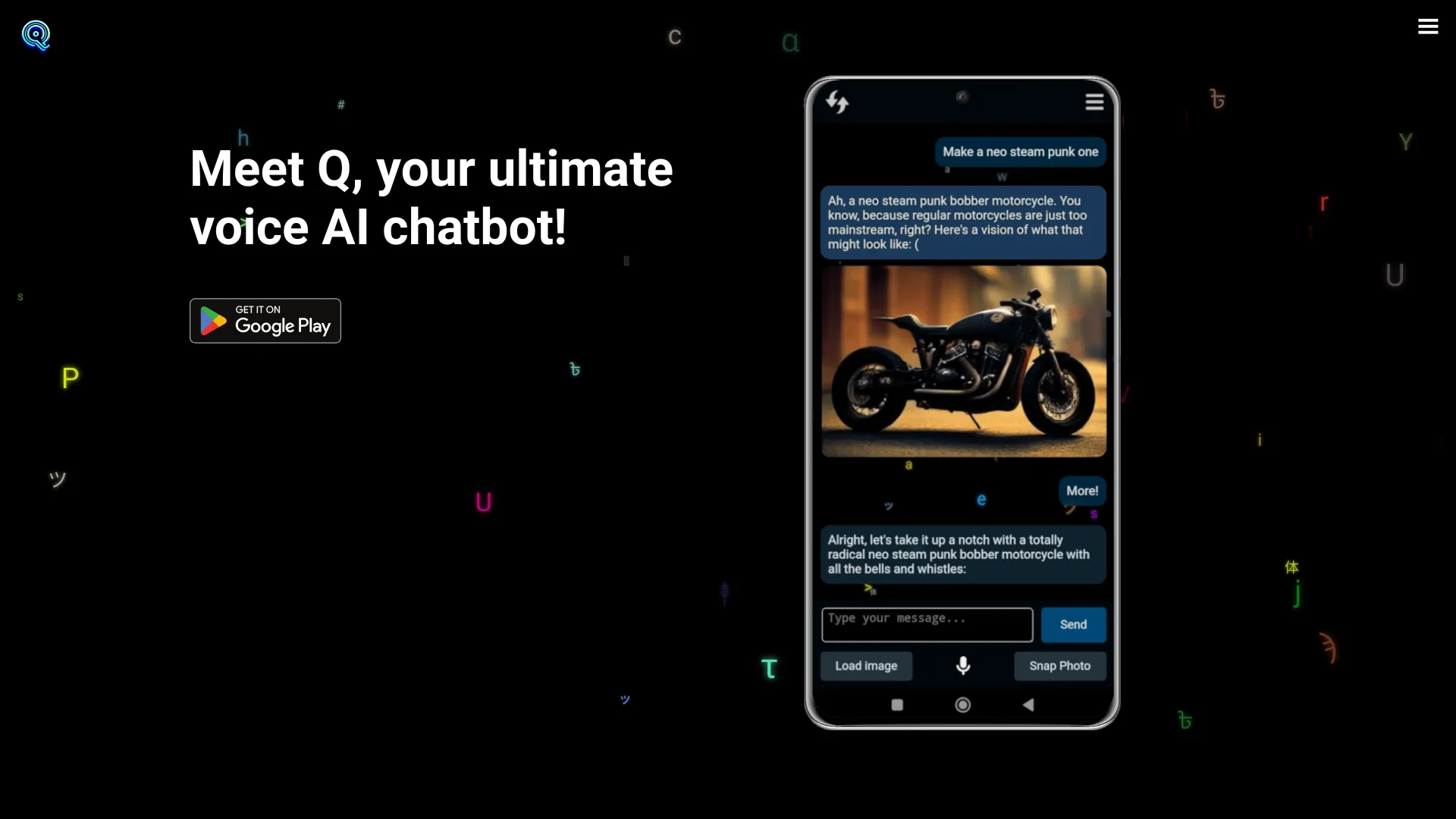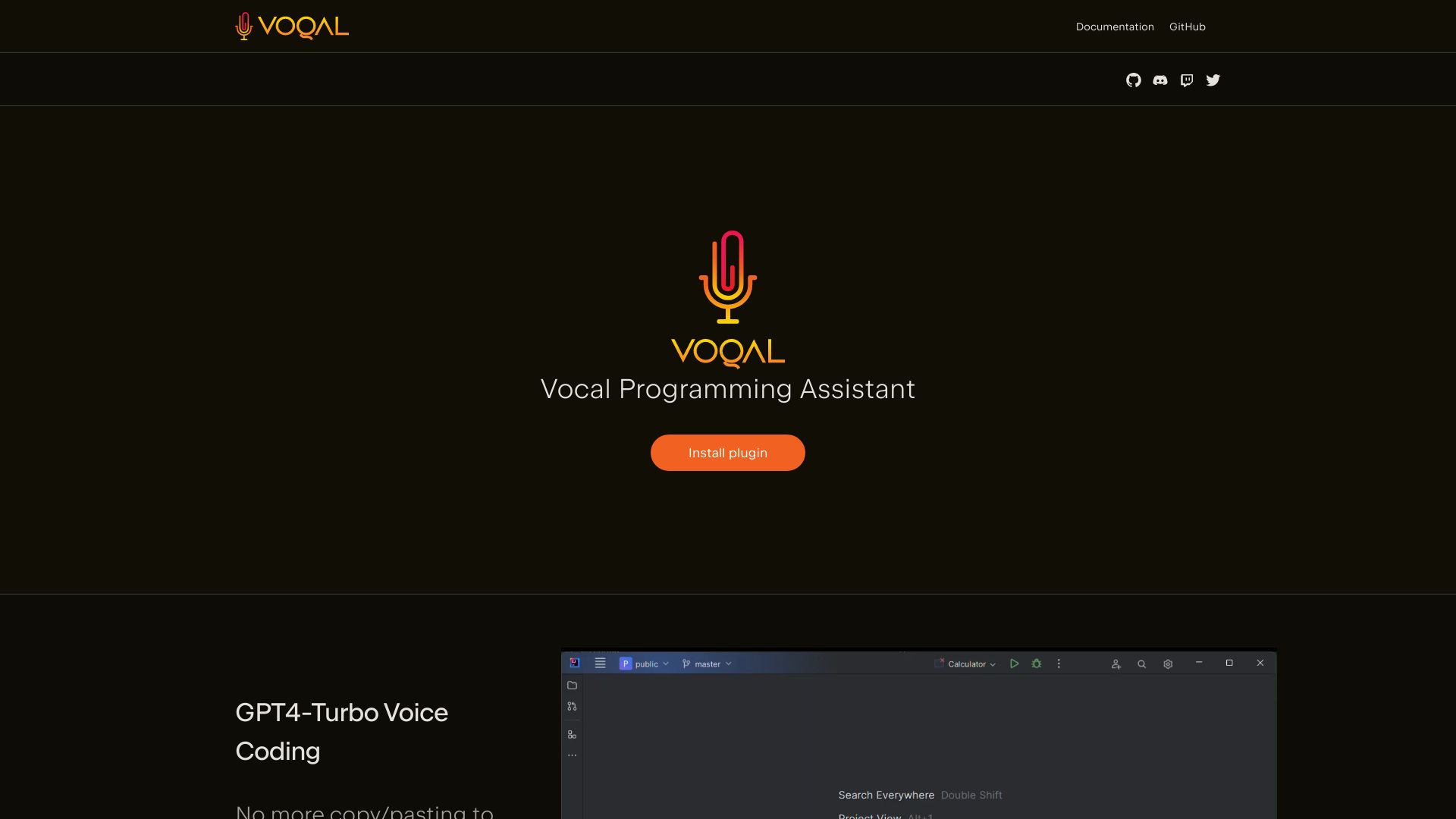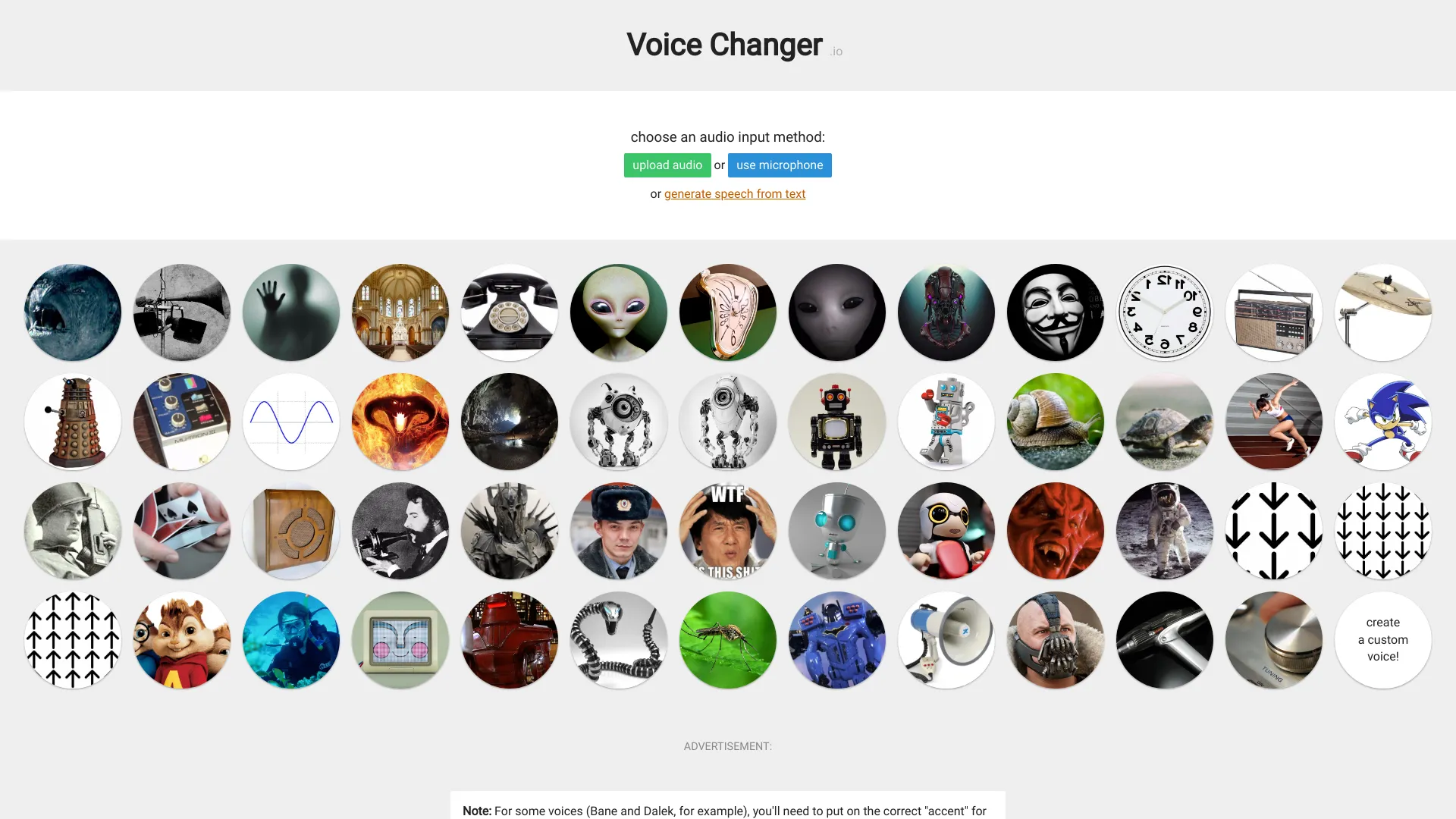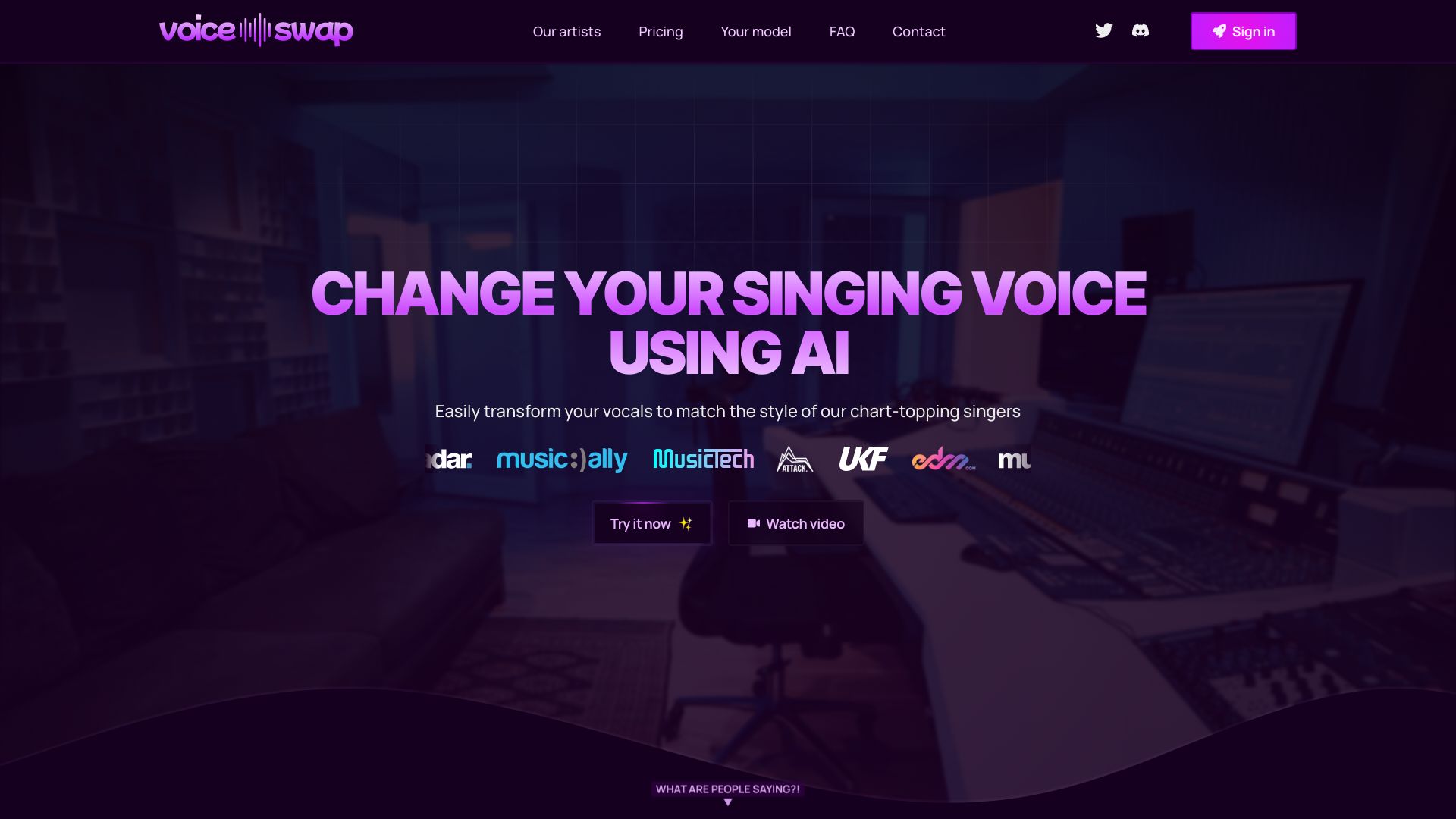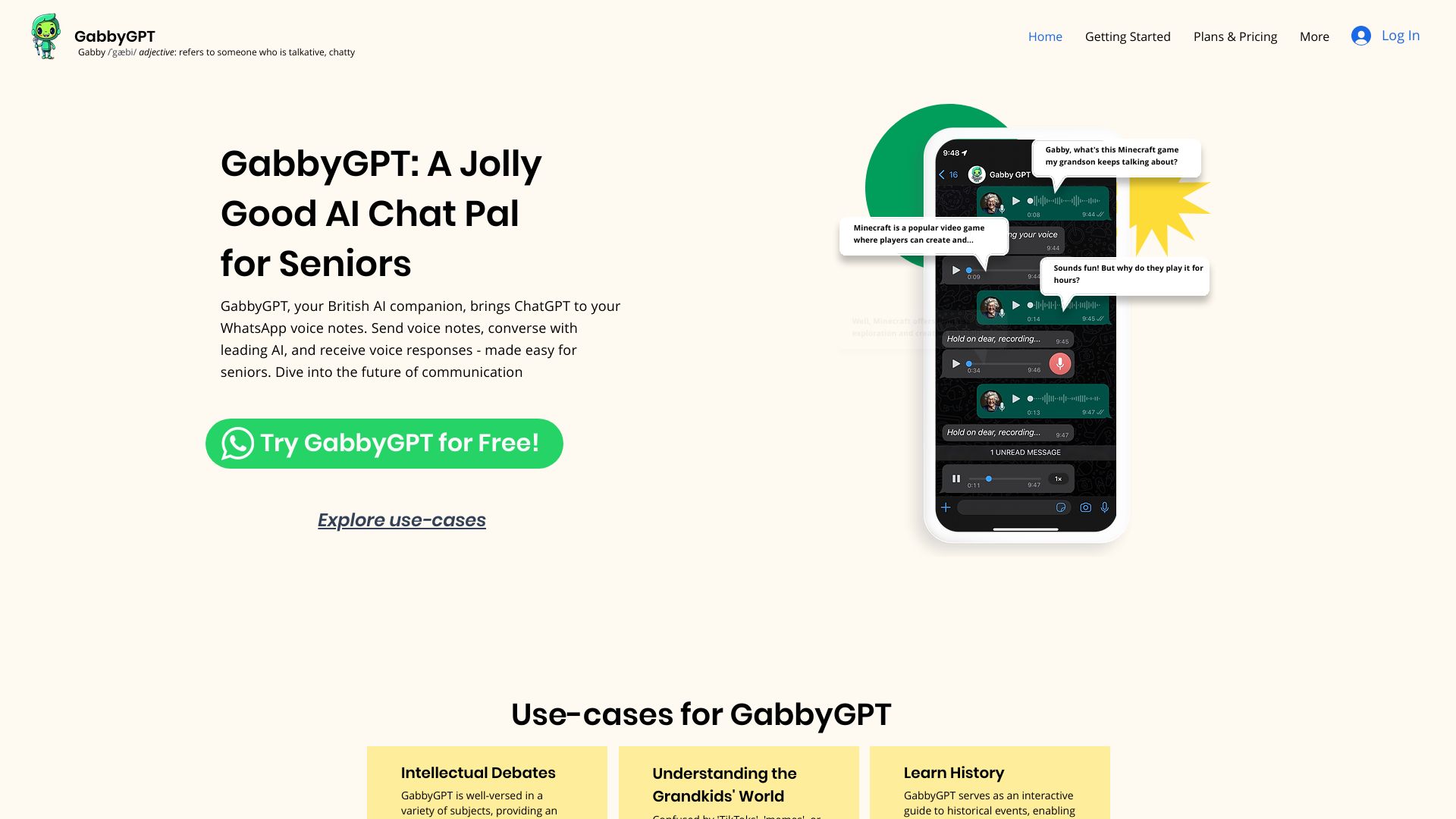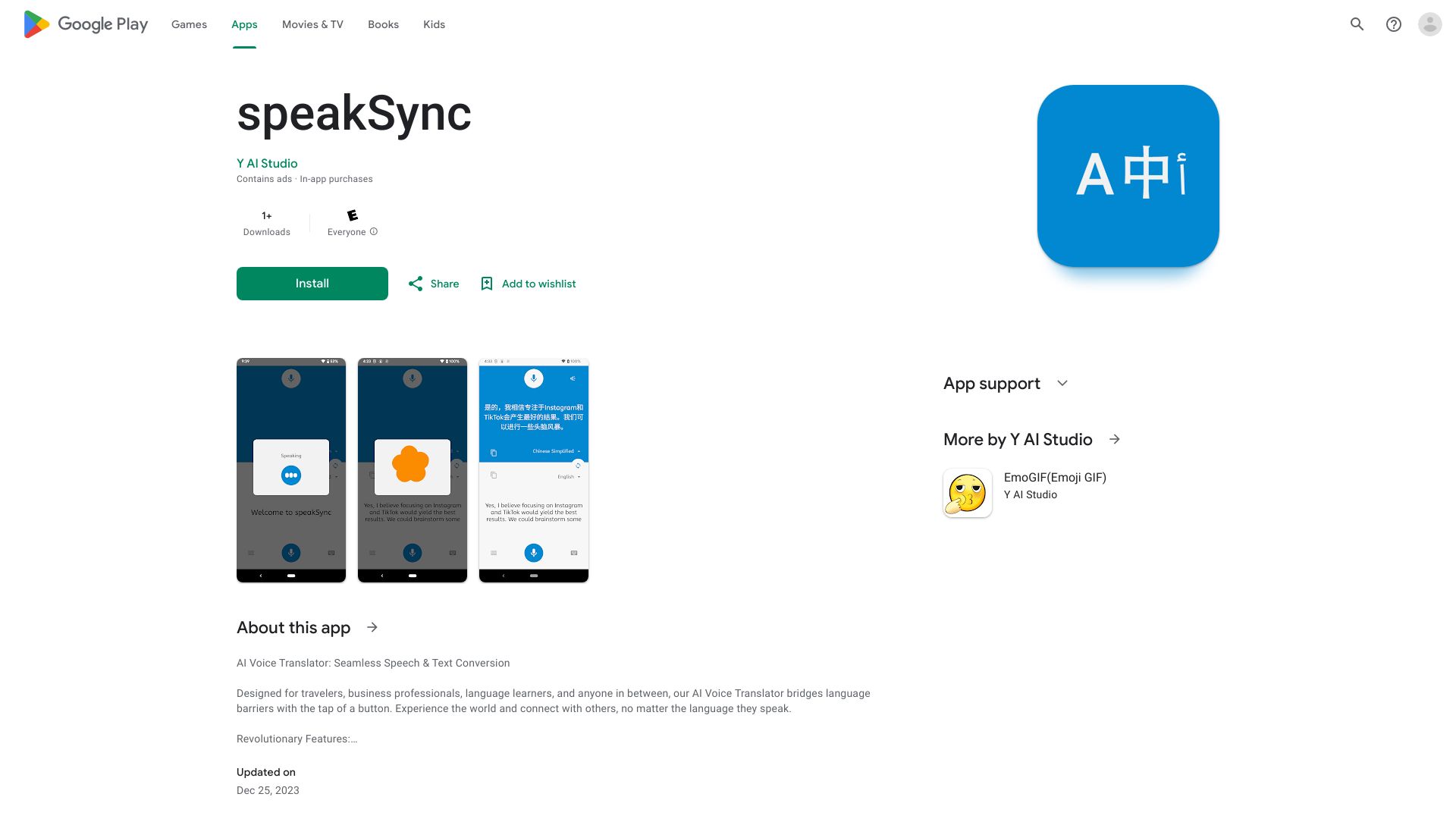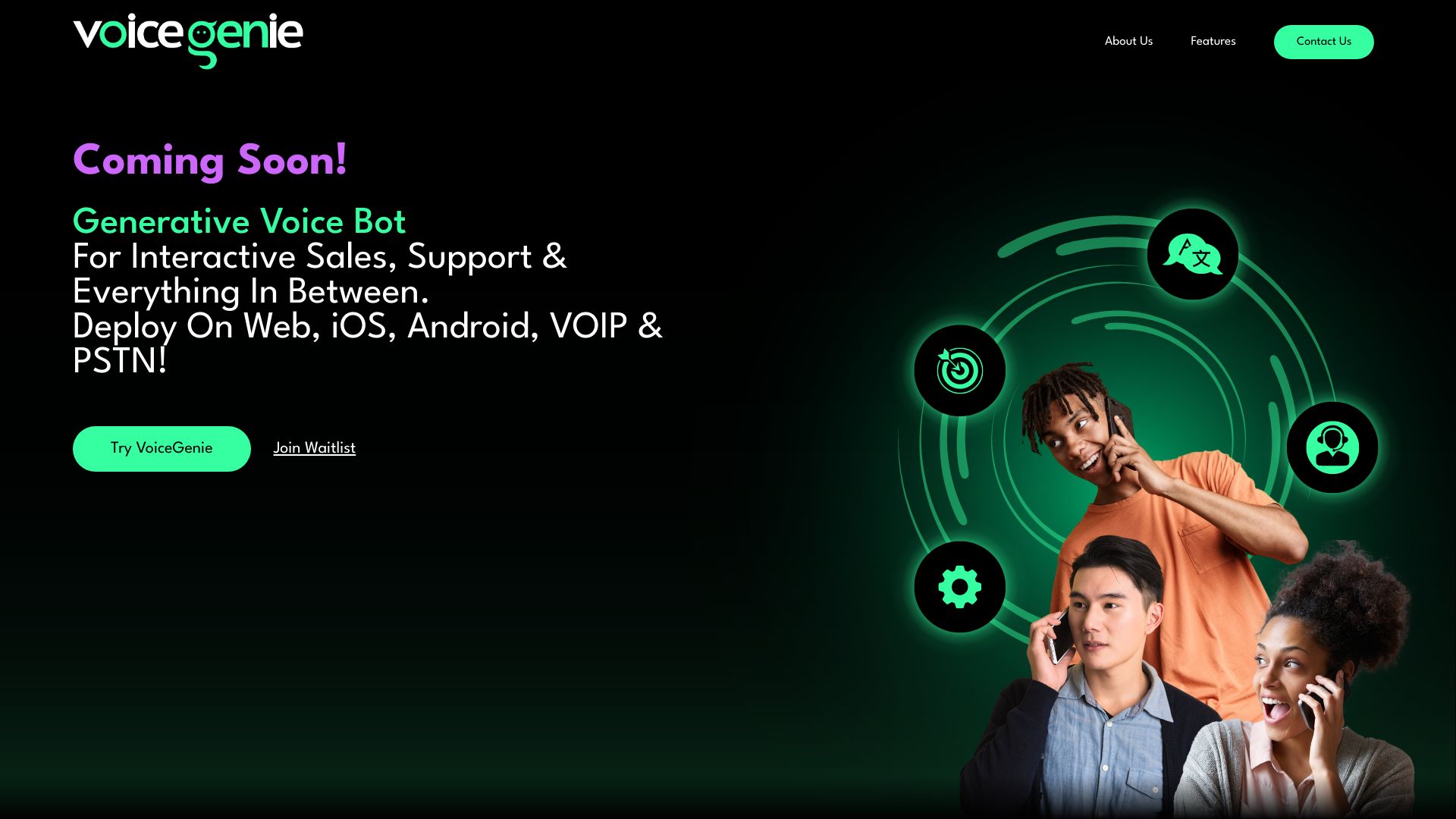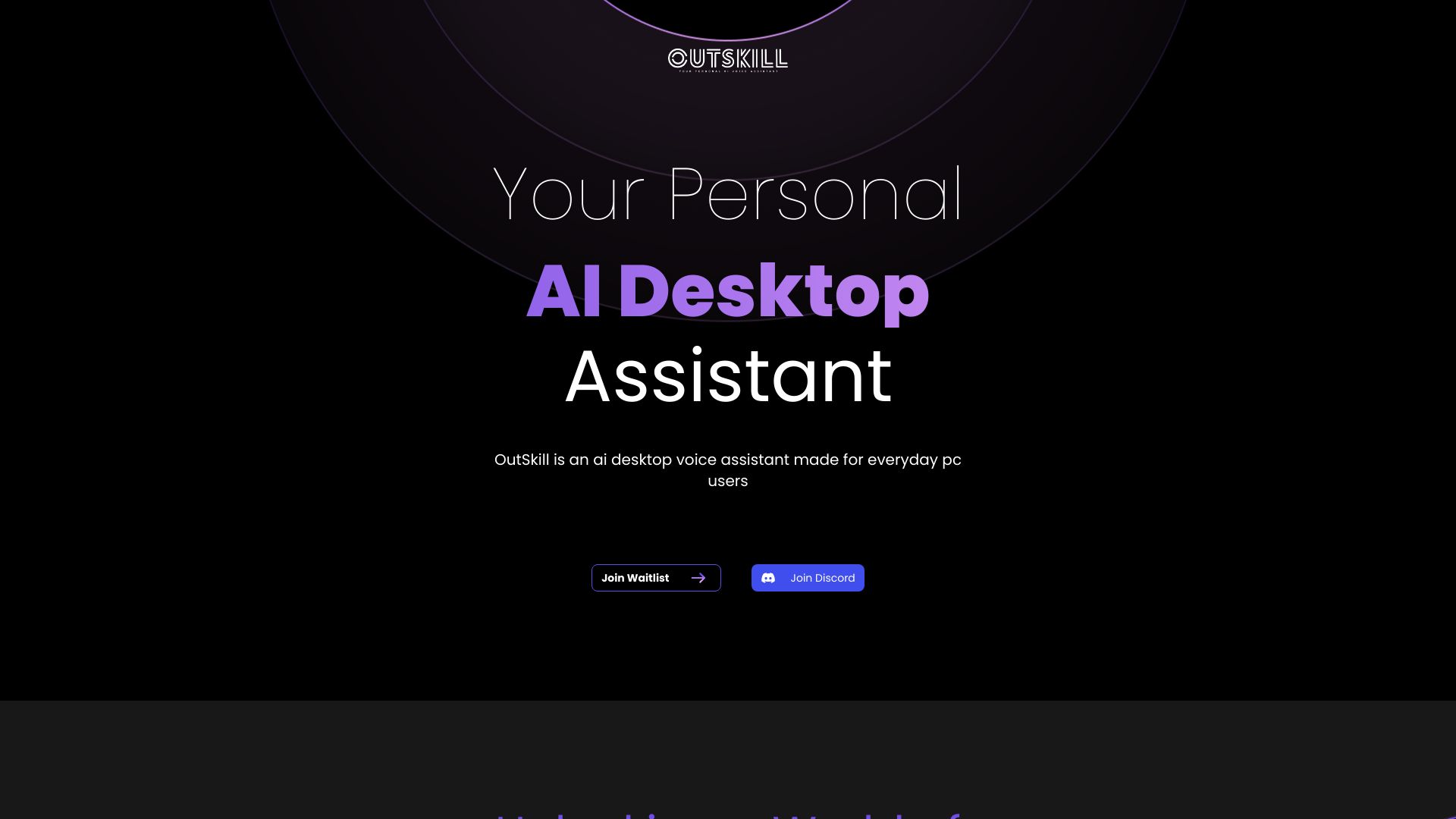15 Game-Changing AI Voice Assistant Features to Try Now
Best ai based voice assistant in 2025
Final Words
The article introduces several AI-powered voice assistant platforms, each offering unique features and capabilities. AiCogni, powered by ChatGPT, enhances communication with advanced AI features like voice control, accessibility, and writing assistance. Unitor.ai focuses on providing personalized coaching and tutoring through a user-friendly interface. Open Voice OS is a Linux distribution showcasing open-source voice AI, emphasizing privacy and customization. VocBot Turbo offers AI-powered voice assistant integration for applications and websites, enhancing user interactions. HitPaw Voice Changer provides real-time voice-changing effects, catering to gamers, content creators, and live streamers. Adola integrates AI voice assistants with phone systems to elevate customer interactions with human-like voices. ChatGPT Voice adds voice capabilities to ChatGPT, allowing users to customize voices and enhance interactions. Q is an advanced AI voice chatbot with customizable persona and features like image recognition and generation. Voqal is a vocal programming assistant for IntelliJ-based IDEs, enabling developers to code using voice commands. Additionally, the article introduces various tools for voice transformation, remote collaborations, and AI-powered interactions with WhatsApp. Lastly, speakSync offers AI voice translation for over 70 languages, facilitating real-time multilingual communication. These platforms and tools cater to a wide range of needs, from productivity enhancement to entertainment and language translation.
About The Author

I'm an AI Industry Writer, harnessing the power of machine learning to demystify tech trends and innovations. With an analytical mind and a digital pen, I decode complex concepts into clear insights, connecting the dots in the ever-evolving tech landscape.
More AI Tools
- 8 Creative Ways to Use AI Image Generators in Your Projects
- 15 Mind-Blowing AI Art Generators You Need to Try
- 7 Incredible Ways AI Generators Are Revolutionizing Content Creation
- 7 Ways an AI Bot Assistant Can Boost Your Productivity
- 8 AI-Assisted Drawing Tools to Unleash Your Creativity
- 9 Reasons to Try a Free AI Calendar Assistant Now
Featured*


 25.28%
25.28%
 54.77%
54.77%


 19.93%
19.93%

